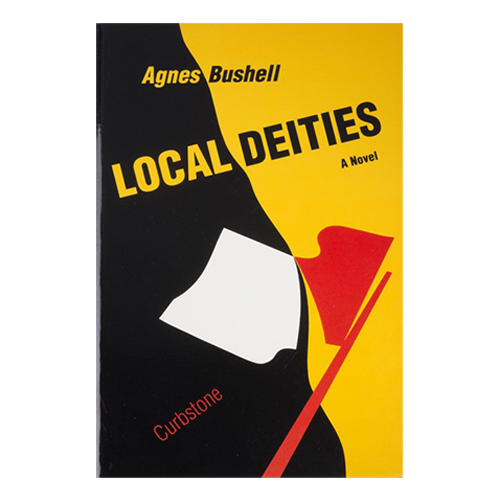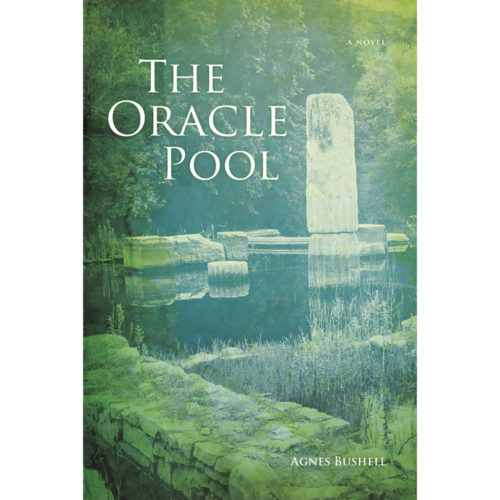Set in Portland in the 1970’s and ’80’s, Local Deities tells the story of four friends, Simon and Erika, Annie and Paul, whose lives diverge when Annie and Paul commit themselves to violent revolutionary action and go underground. Years later, when Paul is captured by the FBI, he asks Simon, now a lawyer, to defend him. But Annie is still underground, and her three young children are in the custody of the government. Erika, unhappy with her life, unfaithful to her husband, goes in search of Annie in the hope of convincing her to turn herself in for the sake of her children. Meanwhile, in Portland, as Paul’s trial begins, protesters gather, the city becomes an armed camp, and Simon is forced to re-examine his own choices and the toll they have taken on his life. Recapturing the drama, excitement and tension of radical political life in the 20th century, Local Deities examines heroes of all sorts– the local deities.
(Curbstone Press, 1990)
“In memorable prose, Bushell depicts the uneasy alliance of women and men, the irrevocability of radical commitment, and above all, the hurts parents do their children without intention. This is a book rich in character and incident, blessed with a noble theme.”
– Library Journal
“In this tense, well-crafted novel about radical politics in the United States, Agnes Bushell undertakes to explore some of the consequences of the Sixties’ revolutionary values. By the climax, when the jury pronounces its verdict, the charged question that haunts this crisp, intelligent book – who are the terrorists?– will be your own.”
– Alix Kates Shulman
“This potboiler, like the best of Dostoyevsky’s a century ago, begins with the assumption that the world we inhabit is brutally wrong and offers us a dialectic between compromise and purity that is, to date, without a final term.”
– Fred Pfeil, The Nation
“By the end of Local Deities Bushell has clarified the decent impulses that created the radicalism of the 1960’s and she has revealed most of the internal and external forces that defeated it. Best of all, she dramatically confirms the validity of those decent impulses.”
– Brian Fawcett, Hungry Mind Review





